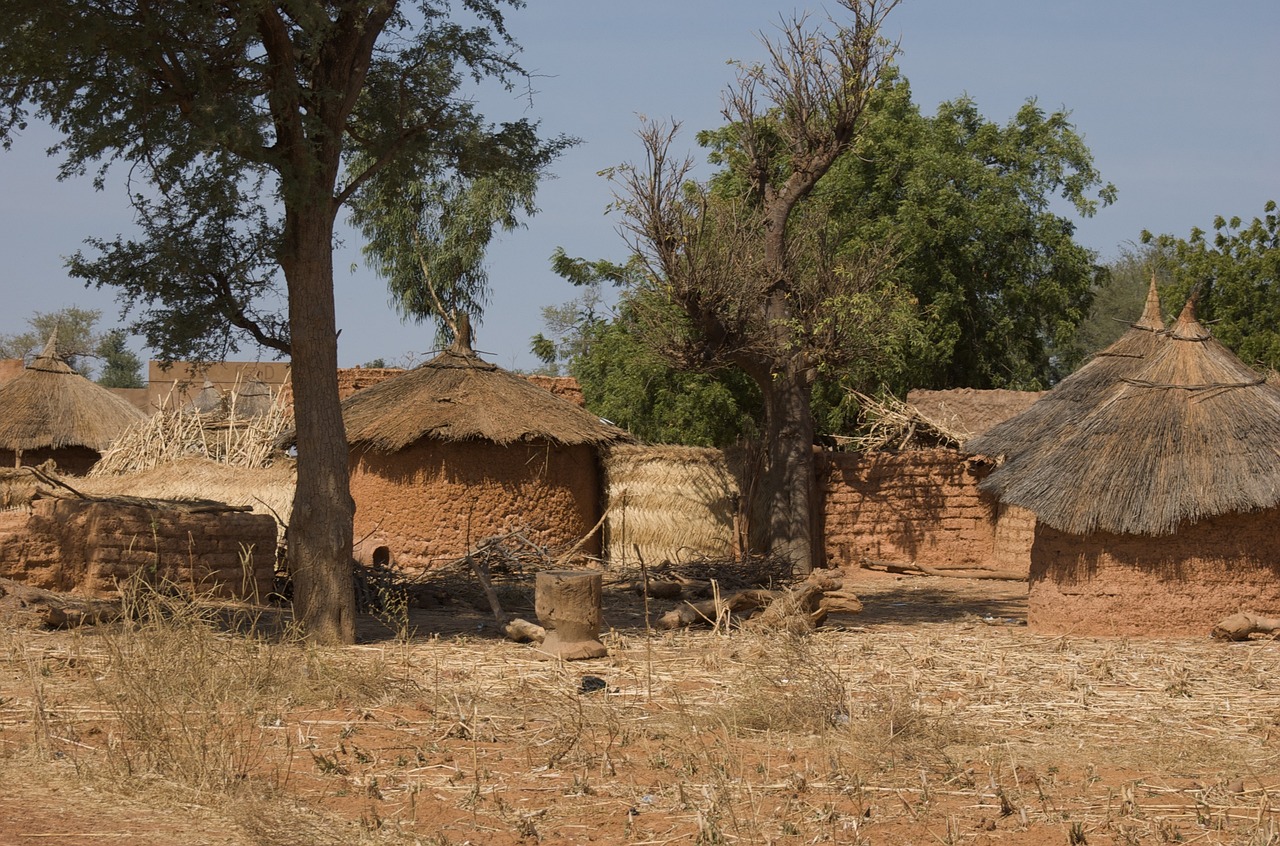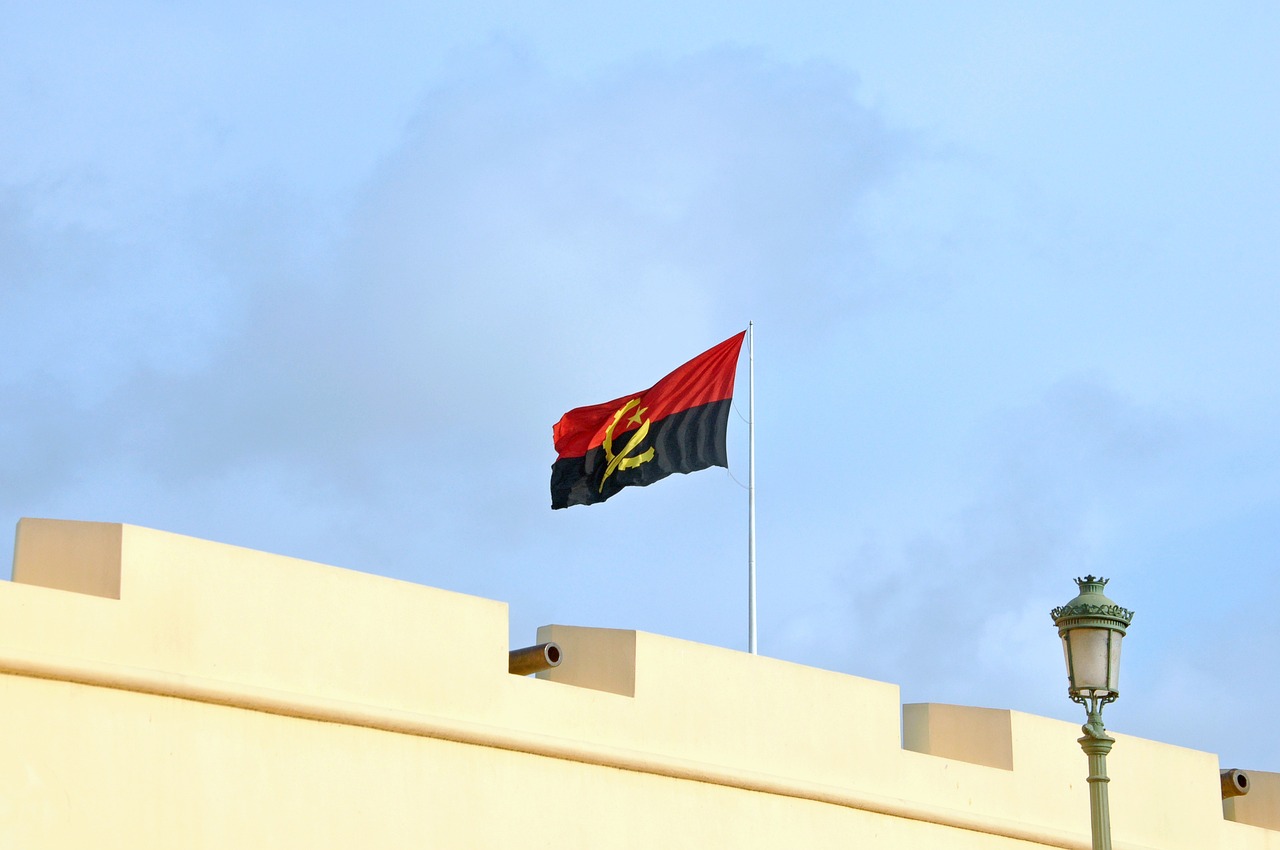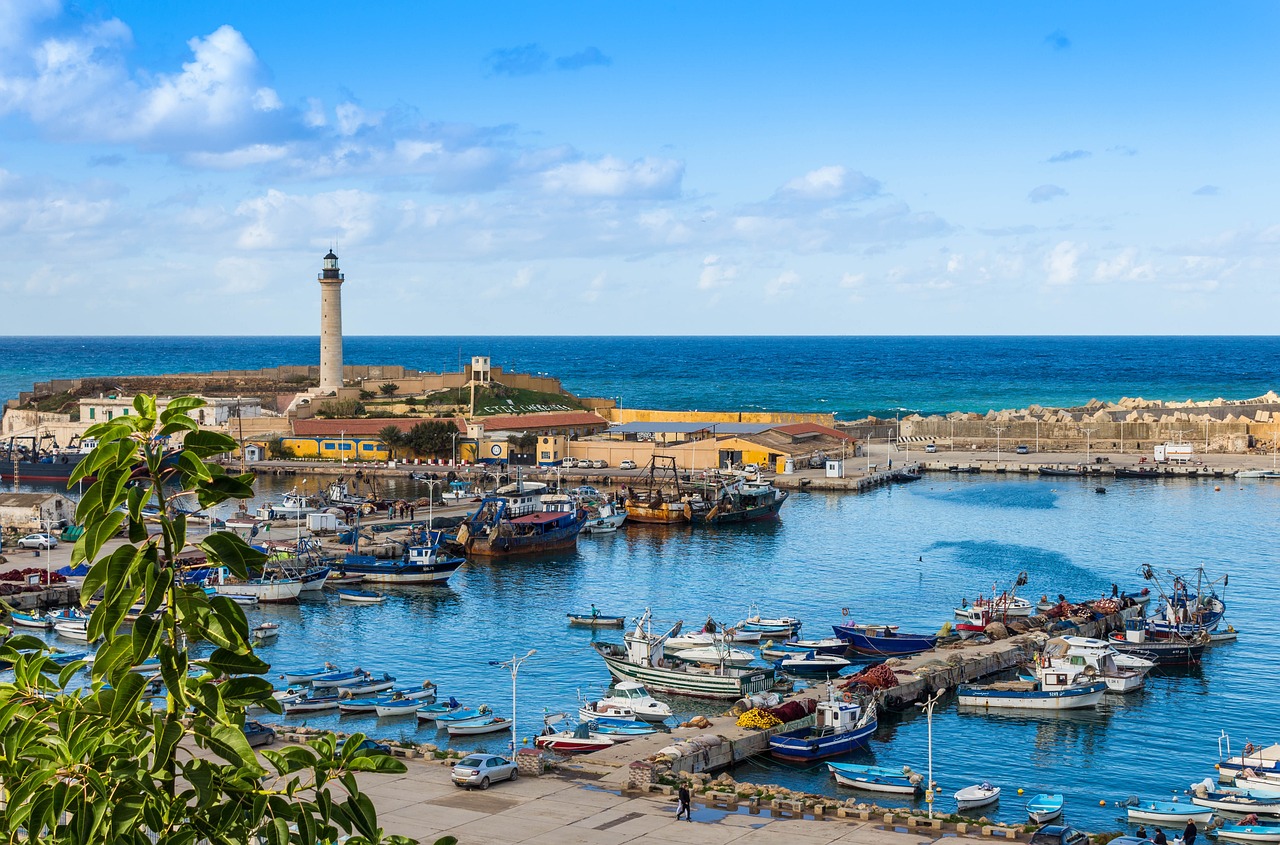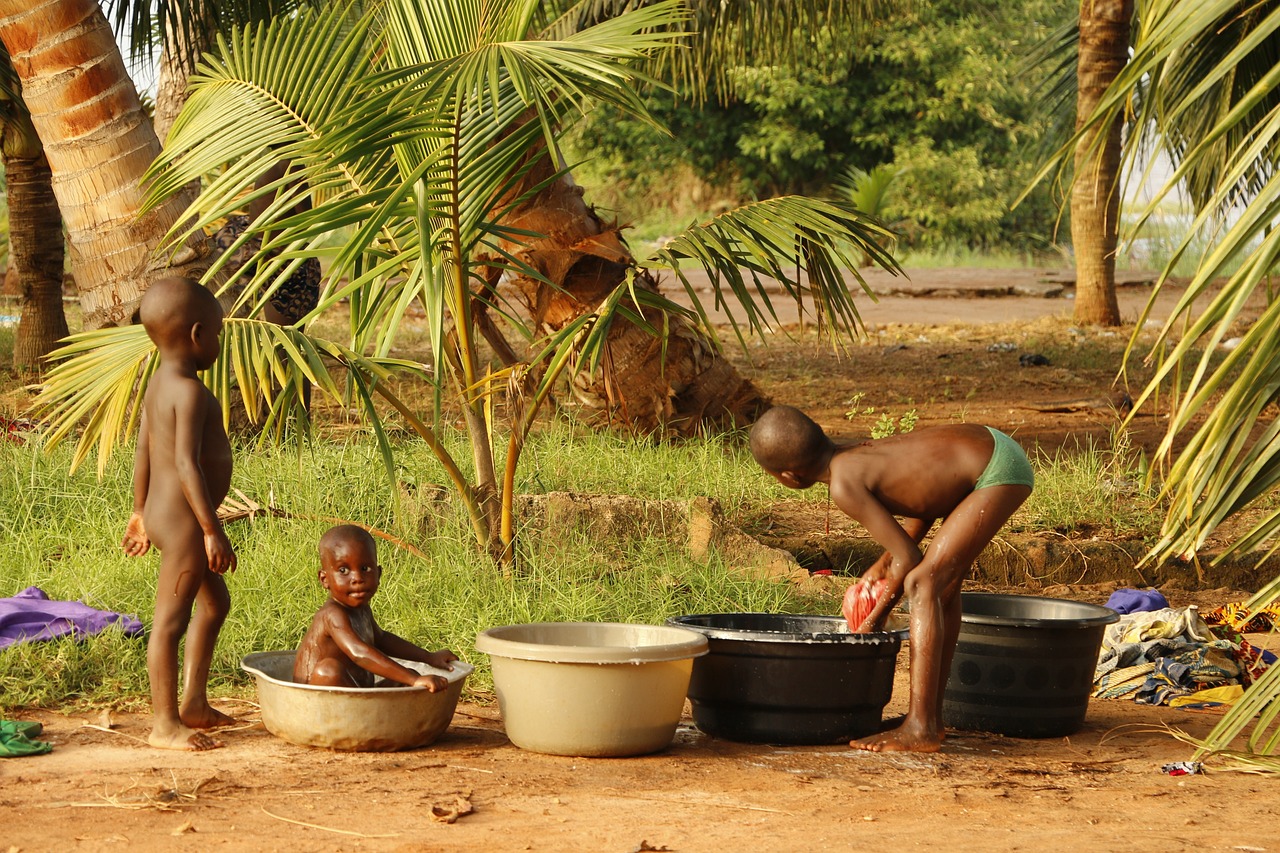30 Facts About Burkina Faso
Burkina Faso, located in West Africa, is a landlocked country with a rich cultural heritage and a diverse ecosystem. With a population of approximately 20 million people, Burkina Faso is home to a vibrant mix of ethnic groups, each contributing to the country’s cultural tapestry. In this article, we will explore 30 fascinating facts about Burkina Faso, shedding light on its history, culture, wildlife, and more.
1. Location and Borders
Burkina Faso is situated in West Africa, sharing borders with Mali, Niger, Benin, Togo, Ghana, and Ivory Coast. It is a landlocked country, with no access to the sea.
2. Capital and Population
The capital and largest city of Burkina Faso is Ouagadougou, a bustling metropolis that serves as the country’s economic and cultural hub. With a population of approximately 3 million people, Ouagadougou is a vibrant city that showcases the country’s diversity.
3. Official Languages
The official languages of Burkina Faso are French and Moore. French is the language of administration, education, and business, while Moore is widely spoken throughout the country.
4. Independence
Burkina Faso gained independence from France on August 5, 1960. This marked a significant milestone in the country’s history, as it became a sovereign nation after years of colonial rule.
5. Cultural Influences
Burkina Faso’s culture is a vibrant blend of African traditions, with influences from French colonialism and Islamic heritage. The country’s diverse ethnic groups, such as the Mossi, Fulani, and Bobo, contribute to its rich cultural tapestry, which is celebrated through art, music, dance, and cuisine.
6. Wildlife
Burkina Faso is home to a diverse array of wildlife, despite being a landlocked country. The country’s national parks and reserves provide refuge for iconic African species, including elephants, lions, cheetahs, and various bird species.
7. Economy
The Burkina Faso economy is primarily based on agriculture, with cotton being the country’s main export crop. The country also has significant gold reserves, which contribute to its mining industry.
8. Religion
Islam is the dominant religion in Burkina Faso, with approximately 60% of the population practicing this faith. Christianity and traditional African religions are also present in the country.
9. Traditional Dance
Burkina Faso is renowned for its traditional dance, which is characterized by energetic movements, vibrant costumes, and rhythmic drumming. The country’s dance forms, such as the “sabar” and “doundounba,” are an integral part of its cultural heritage and are often performed during celebrations and festivals.
10. UNESCO World Heritage Sites
Burkina Faso is home to two UNESCO World Heritage Sites, including the Ruins of Loropéni, an ancient fortress that dates back to the 11th century, and the Old Towns of Djenné, a well-preserved example of traditional African architecture.
11. Traditional Attire
The traditional attire of Burkina Faso reflects the country’s cultural diversity and heritage. Men often wear a “boubou,” a long, flowing robe, while women don elegant dresses known as “pagne,” often adorned with intricate patterns and vibrant colors.
12. Linguistic Diversity
Burkina Faso has a high level of linguistic diversity, with over 60 languages spoken throughout the country. The Mossi language is the most widely spoken, followed by Fulfulde and Dioula.
13. Music
Burkina Faso’s music is a captivating blend of traditional African rhythms, modern influences, and Islamic heritage. The country’s musical instruments, such as the balafon, kora, and djembe, accompany soulful vocals, creating a unique musical experience that reflects the country’s cultural fusion.
14. Cuisine
Burkina Faso’s cuisine is a delightful reflection of its diverse cultural influences. Staple dishes include “riz gras,” a flavorful rice dish, and “tô,” a dough-like food made from millet or sorghum. Grilled meat, stews, and soups are also prominent features of Burkina Faso’s cuisine.
15. National Parks
Burkina Faso has several national parks and reserves that offer opportunities for wildlife viewing and outdoor recreation. The country’s national parks, such as Arly National Park and W National Park, are home to a diverse array of plant and animal species, including elephants, lions, and various bird species.
16. Art
Burkina Faso’s art is a reflection of its cultural heritage and creativity. The country’s artists, such as sculptors, painters, and weavers, produce works that showcase the country’s diverse cultural influences and traditions.
17. Festivals
Burkina Faso’s festivals are vibrant celebrations that showcase the country’s cultural richness and diversity. The country’s festivals, such as the FESPACO film festival and the Nazinga Carnival, bring together people from different ethnic groups to celebrate their shared heritage.
18. Education
Burkina Faso has made significant strides in improving its education system, with efforts focused on increasing access to education and improving the quality of education. The country’s literacy rate has increased in recent years, with over 70% of the population able to read and write.
19. Sports
Burkina Faso’s sports culture is diverse, with football being the most popular sport in the country. The country has produced several notable football players, such as Aristide Bancé and Charles Kaboré, who have played for international teams.
20. Climate
Burkina Faso has a tropical climate, with two distinct seasons: a dry season from November to May and a rainy season from June to October. The country’s climate supports a range of agricultural activities, including cotton, maize, and sorghum cultivation.
21. Architecture
Burkina Faso’s architecture is a reflection of its cultural heritage and creativity. The country’s traditional architecture, such as the mud-brick houses of the Mossi people, showcases the country’s unique building techniques and design.
22.Traditional Medicine
Burkina Faso has a rich tradition of traditional medicine, with herbal remedies and healing practices passed down through generations. Traditional healers, known as “traditional medicine practitioners,” play an important role in the healthcare system, providing treatments for various ailments and promoting holistic well-being.
23. Handicrafts
Burkina Faso is known for its vibrant handicrafts, which showcase the country’s artistic talent and cultural heritage. Skilled artisans create intricate wood carvings, pottery, jewelry, and textiles, reflecting the diverse traditions and creativity of the Burkinabé people.
24. Independence Day
Burkina Faso celebrates its Independence Day on August 5th each year. This national holiday commemorates the country’s liberation from French colonial rule and is marked with parades, cultural performances, and festivities across the country.
25. Women’s Empowerment
Burkina Faso has made significant strides in promoting women’s empowerment and gender equality. Women in Burkina Faso play active roles in various sectors, including politics, education, and entrepreneurship. Efforts are ongoing to address gender disparities and promote women’s rights.
26. Mossi Kingdoms
The Mossi Kingdoms, located in present-day Burkina Faso, have a rich history that dates back centuries. The Mossi people established powerful kingdoms, such as the Kingdom of Ouagadougou and the Kingdom of Tenkodogo, which played significant roles in regional trade and governance.
27. Film Industry
Burkina Faso has a thriving film industry and is known for hosting the Pan-African Film and Television Festival of Ouagadougou (FESPACO). FESPACO is the largest film festival in Africa and showcases the continent’s diverse cinematic talent.
28. Ecotourism
Burkina Faso offers opportunities for ecotourism, with its diverse landscapes and wildlife. Visitors can explore national parks, such as Pendjari National Park and Deux Balés National Park, and engage in activities like birdwatching, hiking, and wildlife safaris.
29. Traditional Wrestling
Traditional wrestling, known as “lutte traditionnelle,” is a popular sport in Burkina Faso. Wrestlers compete in traditional arenas, showcasing their strength, agility, and traditional wrestling techniques. The sport is deeply rooted in Burkinabé culture and is often accompanied by music and dance.
30. Resilience and Spirit of the Burkinabé People
A remarkable fact about Burkina Faso is the resilience and spirit of its people. Despite facing challenges, the Burkinabé people have shown remarkable strength, unity, and determination in overcoming obstacles and building a better future for their country.
Conclusion
Burkina Faso is a country with a rich cultural heritage, diverse wildlife, and a vibrant population. From its traditional dances and cuisine to its historical sites and natural beauty, Burkina Faso offers a unique experience for those seeking to explore West Africa. With ongoing efforts to promote development, preserve cultural traditions, and protect its natural resources, Burkina Faso is poised to showcase its treasures to the world and continue its journey towards progress and prosperity.
Author Profile
- Welcome to my world facts blog! I'm Jay Steph, and I'm here to explore the captivating wonders of our planet. With a thirst for knowledge and a passion for exploration, I unravel fascinating insights about cultures and history. Join me on this awe-inspiring journey as we uncover hidden treasures together. Let's dive into the world of world facts and embark on an incredible adventure!
Latest entries
 AsiaJuly 31, 202330 Facts About Bangladesh
AsiaJuly 31, 202330 Facts About Bangladesh AfricaJuly 31, 202330 Facts About Burkina Faso
AfricaJuly 31, 202330 Facts About Burkina Faso AustraliaJuly 25, 202330 Facts about the Marshall Islands
AustraliaJuly 25, 202330 Facts about the Marshall Islands South AmericaJuly 25, 202330 Facts About Chile
South AmericaJuly 25, 202330 Facts About Chile



